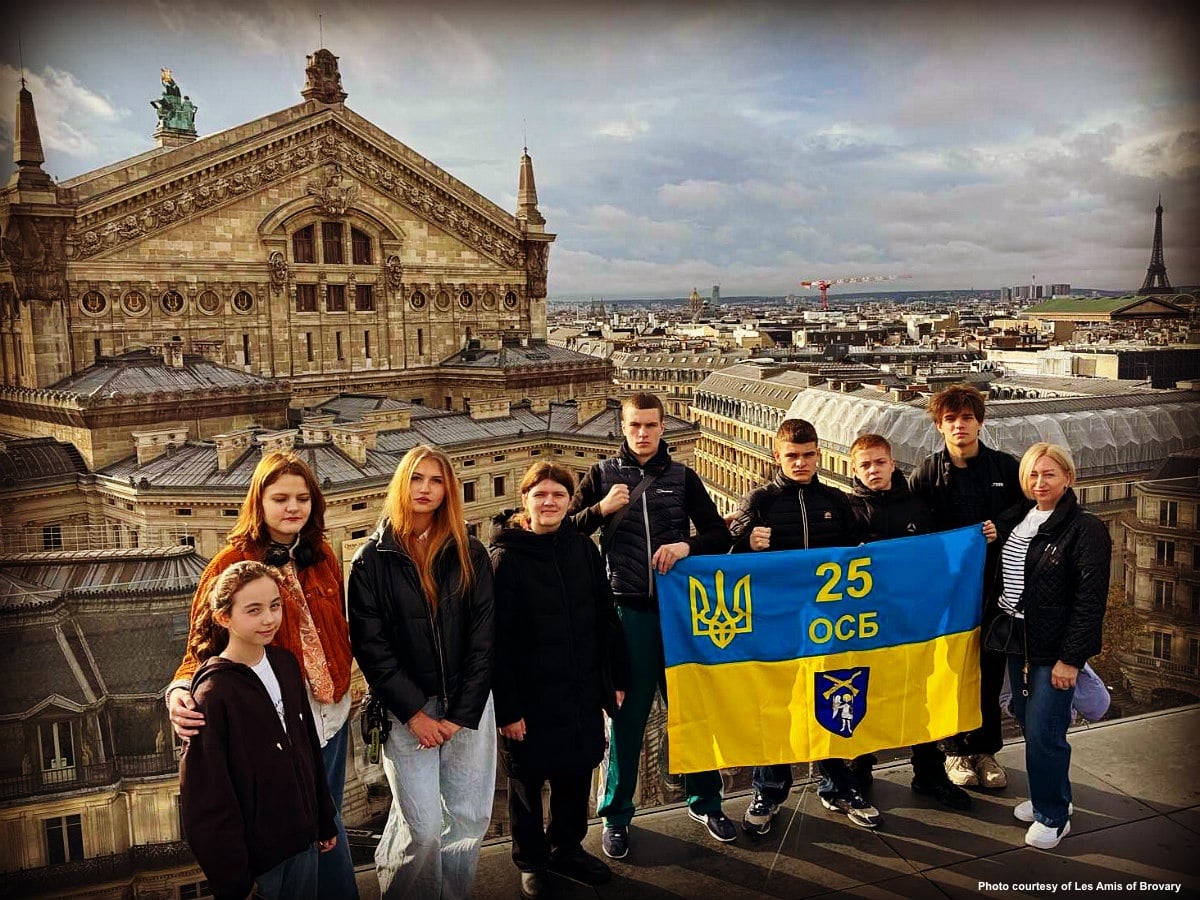Listen to the audio version of this article (generated by AI).
As the famous hacker saying goes: “Talk is cheap. Show me the code.” This phrase, in a nutshell, encapsulates hacker culture as a problem-solving activity that creates free and open code for the public. Among white-hat hackers (the ethical hackers), values are not debated; they are tested in practice.
Inspired by this philosophy, activist Simona Levi has called into question the digitalization of our institutions, in which neither citizens nor institutions can access the servers that store our data, or analyze the code it provides to see if it actually executes what it is supposed to do.
Simona Levi is highly articulate, like the actress she once was, and outspoken, like the activist she is. It is puzzling to grasp that hacker culture has inspired an artist to innovate democracy. But she has experienced it all. In 2008, she began exploring alternative models for cultural diffusion, copyright, and democracy in the digital age and co-founded the non-profit association eXgae (now Xnet), based in Barcelona. Two years later, an anonymous source used the Xnet anticorruption mailbox to provide access to a website that revealed thousands of emails, which were used as evidence to bring corrupt bankers in Spain to trial.
In her vision for a reformed democracy, Levi sees people as a new authority—watchdogs empowered by new rules in digital sovereignty and governance. But what are these new rules that Levi proposes? Digital sovereignty has basically two main pillars. First, the servers housing all the data must be accessible—this means that citizens should hold the key to the cabinets that store our data, rather than seeking permission from others. These open servers already exist; they’re just not contracted through public procurement by our institutions.
Second, the software that our institutions use should be free and open-source. This implies that the code doesn’t belong solely to the state but to everyone. While it remains protected, it allows for collaborative formats, like WordPress or Nextcloud, where governance is managed by someone, but contributions can come from anyone, whether in the form of funding for maintenance or actual code contributions.
In contrast, our institutions typically purchase packaged products from large tech companies, which are stored on their servers and built upon code that is not auditable—vastly questioning digital sovereignty and democracy. “So actually, nobody is checking that these incredibly powerful companies are doing what they say they’re doing,” Levi laments.
According to Levi, if the code is open source, anyone, regardless of their size, can monitor operations thanks to online repositories. Her fundamental theory is that the Internet structure—comprising single command centers linked by transparent ties—enables us to rethink governance. The concept of the web presumes that we all have skills; hence, we can be leaders in some areas and followers in others.
“I believe it galvanizes our social capacity to improve things and also proposes a type of democracy—not devoid of leaders, as I do believe in their existence—but a democracy that is less dominating. A leader exists because their work is visible and their efforts are recognized.” Ultimately, it is up to us to decentralize power without eliminating leadership.
Levi teaches all these theories of digital sovereignty and democracy in a postgraduate program at the University of Barcelona, where she hosted me during the Mozilla Festival 2025 in Barcelona. At this event, technologists, activists, and creatives discuss how technologies can strengthen, rather than undermine, efforts to safeguard democracy.
Since 2019, Levi has led Xnet’s plan for the democratic digitalization of Education, starting with public schools in Barcelona. The project began when some parents expressed concerns about sharing too much of their children’s personal information at a young age, particularly when the school requested permission for their children to have Gmail accounts and use Google for classroom activities.
Levi and her team at Xnet offered an alternative. They investigated why the open-source software Moodle, a reliable product, failed to gain traction in schools. In response, they developed a simplified version and submitted it for tender to the competent authority, which is the Catalan government. They rejected the project, but the City of Barcelona jumped in. “In 2020, we conducted a very small initial tender covering only a third of what needed to be developed, but since cities don’t have jurisdiction over education, it had to be presented as a scientific experiment,” explains Levi.
Xnet refined Moodle to resemble the tools schools were abandoning, making it more agile and interoperable, and named it DD (Digital Democratic). Levi notes that they received consistent feedback from the schools throughout the process. Since 2021, the tool has been implemented in eleven schools across Barcelona, in collaboration with the Directorate of Democratic Innovation of the City Council and the Consortium of Education.
Recommended Read: Protecting Internet Freedom in the City of White Marble
“We don’t want to make a penny from it. We are not a for-profit company; we only help design the public tender,” Levi clarifies. But things have turned sour. Xnet was about to tender for fifty more centers to join and complete the code when a change of government, following early elections, halted the funding. They now find themselves at a critical juncture, as schools currently using the tool must transition to the latest version. Additionally, some countries have shown interest in the software, but Levi is waiting to provide the complete code for collaborative development.
It is challenging to obtain support, despite digital sovereignty and democracy being on everyone’s lips.
In 2021, Levi published the report “Proposal for a sovereign and democratic digitalisation of Europe” at the request of the President of the European Parliament, David Sassoli, who had learned about Levi’s grassroots project at schools. “He was a very visionary politician who wanted to help us make this shift,” Levi recalls. After Sassoli’s passing, Levi spoke with Ursula von der Leyen’s cabinet, which showed openness to reversing the current approach to digitalization. “However, within the vast European Commission building, everything runs on Microsoft. They’re all licensed, meaning we’re spending money that doesn’t contribute to creating our own ecosystem,” Levi asserts.
Levi’s effort might have chimed in Tim Berners-Lee’s ears, the inventor of the World Wide Web, whose side project at CERN in the 1980s laid the foundation for the internet. In his recent book, This is for Everyone, he expresses that he has fought to keep the web transparent, open-source, and freely accessible. “I put my design tools in the hands of individuals, not administrations or corporations primarily motivated by profit.” However, he observes that as the web has expanded, traffic has become concentrated in a few large platforms that exploit our private data and share it with commercial brokers or even repressive governments. This is far from Berners-Lee’s original vision.
Recommended Read: Delivery Rider Collectives Are Revolutionizing a Global Business
In terms of responsibility, Levi always looks upwards. She states, “The institutions have handed over all the responsibility and everything to Big Tech, because it was the easier option for them. And not only that, but Big Tech has become the main advisor on digital policy, which is outrageous.” She believes that governments and institutions in Europe should take the lead in reducing dependence on big tech and foreign infrastructure.
In terms of scaling it to all public services, she advocates for a bottom-up approach, starting with trials conducted in schools and then extending it to the administration. “Precisely because we realized that even if we had wanted to scale, we would have ended up having to ask a multinational corporation, because a general ecosystem hasn’t been created yet,” she adds.
Levi argues that institutions must understand that they can no longer hand over public funds and data to large corporations, especially those across the ocean. Instead, they should invest in creating code that is collectively maintained at a European level, involving the efforts of European companies, including small and medium businesses, governments, and individuals.
In essence, while we desire alternatives to guarantee digital sovereignty and reboot democracy, we fail to support our own businesses. Levi concludes with a poignant reminder: “If we can’t even provide the resources to digitalize a small school, how can we expect to digitalize an entire society?” As Tim Berners-Lee writes in his book, “What I do know is that passion is out there, and that if we dedicate our minds to it, we can take the web back. It’s not too late.”





